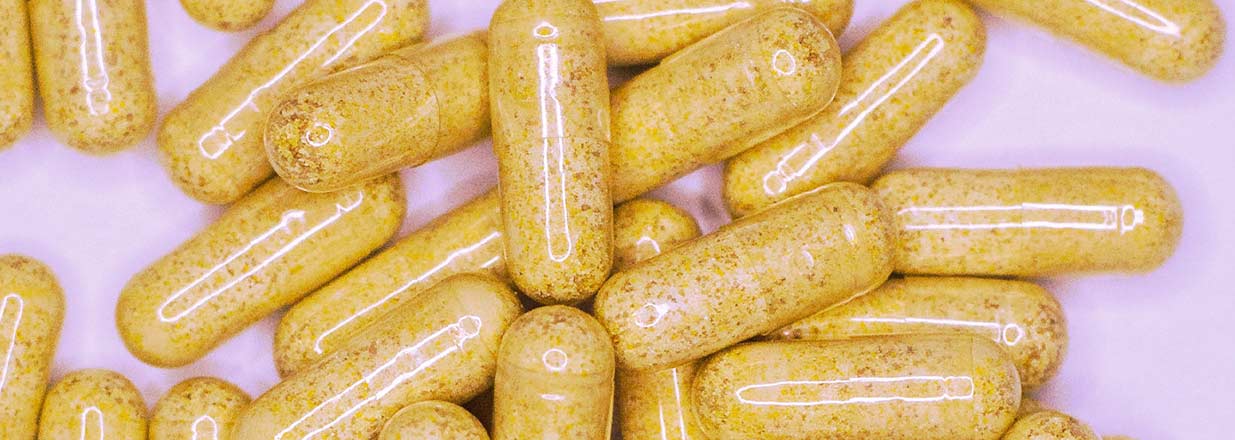Your gut is its own world, composed of many microscopic organisms, mainly bacteria. To keep this ecosystem thriving, a well-balanced diet is recommended to nourish the near 1,000 diverse species of bacteria in your gut.
So what healthy foods can we feed ourselves and our gut bacteria to keep them happy and healthy? Prebiotics and Probiotics.
Prebiotics are natural plant fibers that stimulate the development of beneficial bacteria in our gut. More specifically, complex carbohydrates like resistant starches. Resistant starch is a prebiotic that stimulates the growth of good bacteria like Bifidobacterium. Resistant starch is fermented by intestinal bacteria which then produces short-chain fatty acids (SCFAs) that also contribute to your gut health. For example, Butyrate is an SCFA that is essential for intestinal function and is a major energy source for gut lining cells with anti-inflammatory properties.
The best sources of prebiotics are from fruits and vegetables, more specifically:
→ Apples
→ Bananas
→ Onions
→ Garlic
→ Asparagus
→ Jerusalem Artichokes
→ Apples
→ Flaxseeds
Probiotics, on the other hand, are living microorganisms packed with health benefits that fuel your body and brain. These are some of the beneficial bacteria that play a role in helping you digest your food, reduce cells that cause disease, and help produce vitamins. Probiotics are a variety of microorganisms that are typically classified as Lactobacillus or Bifidobacterium. Lactobacillus are bacteria that live in our digestive, urinary, and genital systems. These "friendly" bacteria help our body with digestion to prevent symptoms like diarrhea or irritable bowel syndrome (IBS). Bifidobacterium provide similar benefits and reside in our intestines and stomach. The most popular Bifidobacterium bacteria is B. bifidum. Studies have shown that B. bifidum has the potential to treat certain infections, ulcerative colitis, and IBS.
Great sources of probiotics are dietary supplements and fermented foods like:
→ Yogurt
→ Buttermilk
→ Cheeses with active cultures
→ Sauerkraut
→ Beer
→ Sourdough Bread
→ Kimchi
How should I add probiotics or prebiotics to my daily routine?
When considering adding these sources of beneficial bacteria to your daily intake, it is recommended that you begin with familiarizing yourself with the symptoms you would like to relieve and research whether prebiotics or probiotics may support your digestive health needs. This is an important step, as many prebiotic or probiotic supplements have a wide variety of species that they include in their products. Not all supplements are one-size-fits-all and can vary between product brands. As always, when making a diet or lifestyle change to improve your overall health, begin a conversation with your doctor or a health care professional before taking action.
Be the first to hear about all things Kean Health,
get exclusive access and get 35% off your first order!




